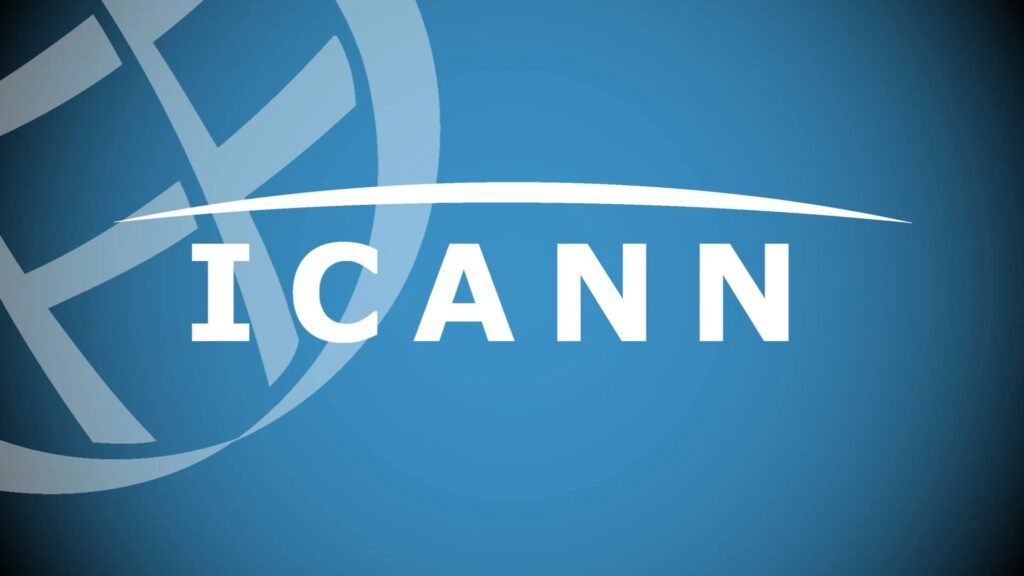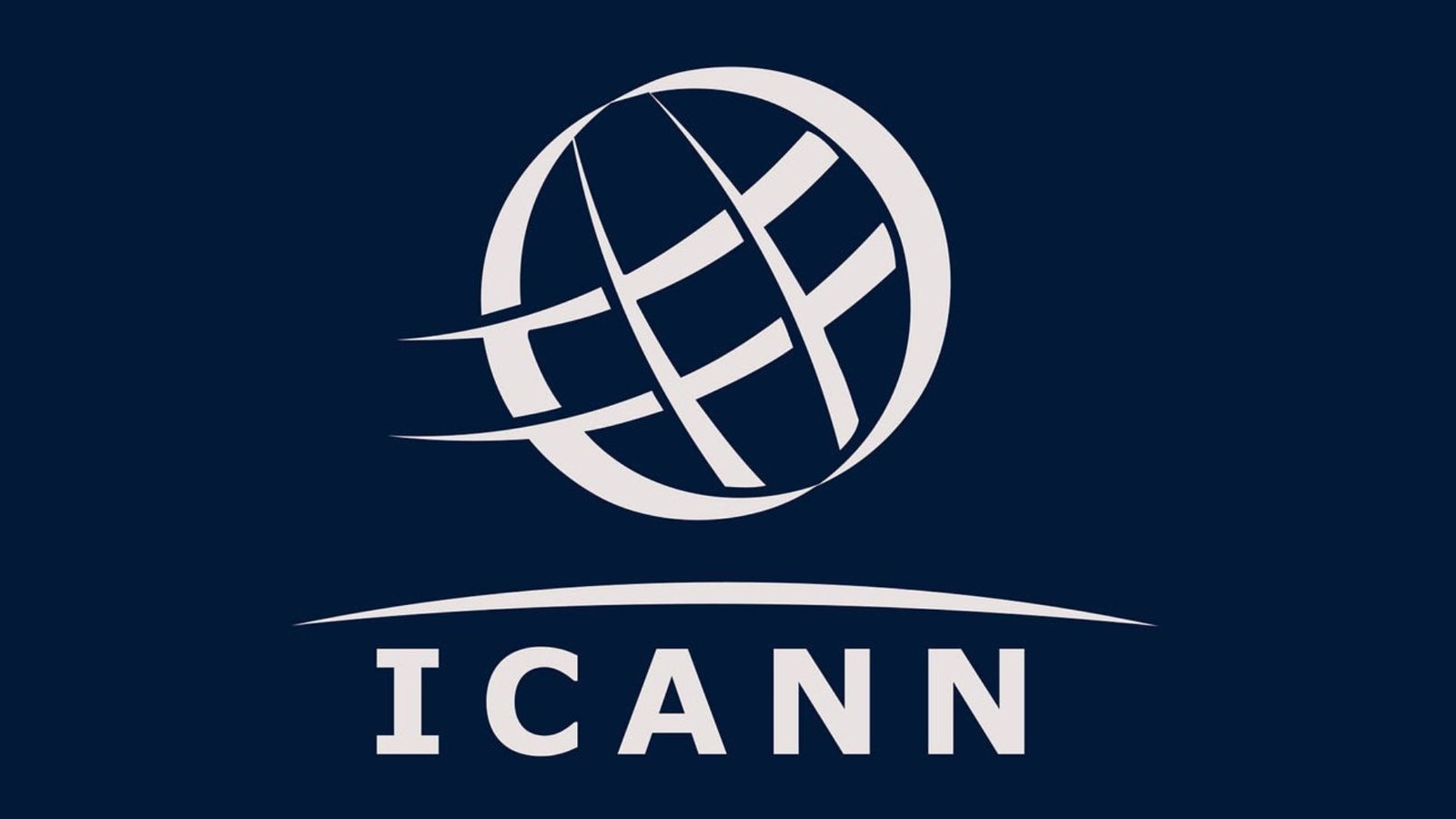ICANN Accreditation: Why It Matters
- By -Daisy
- Posted on
- Posted in Web Designing
The internet is a vast and interconnected space, with millions of websites, services, and applications operating worldwide. To ensure the smooth operation and management of domain names, the Internet Corporation for Assigned Names and Numbers (ICANN) plays a key role. ICANN accreditation is crucial for any business or entity that wishes to sell, manage, or register domain names. In this article, we will explore what ICANN accreditation is, why it matters, and how it impacts domain registrars, businesses, and internet users.

What is ICANN Accreditation?
ICANN, which stands for the Internet Corporation for Assigned Names and Numbers, is a global nonprofit organization responsible for coordinating the Internet’s domain name system (DNS) and IP address allocation. ICANN accreditation is a formal certification granted to domain registrars that meet the necessary requirements set by ICANN.
A domain registrar is a company that enables individuals and businesses to register domain names for their websites. For these registrars to operate legally and globally, they must be accredited by ICANN. Without this accreditation, they cannot offer domain registration services for generic top-level domains (gTLDs), such as .com, .org, or .net.
The Importance of ICANN Accreditation
ICANN accreditation is crucial for several reasons. It ensures that domain registrars meet industry standards for security, reliability, and transparency. Here’s why ICANN accreditation matters:
1. Global Legitimacy and Trust
ICANN accreditation provides a global seal of legitimacy. Accredited registrars are recognized worldwide as trusted entities, which is essential for any business involved in domain registration. Customers are more likely to trust a registrar with ICANN accreditation since it guarantees that the company complies with international standards and best practices.
2. Domain Registration and Management
Without ICANN accreditation, a registrar cannot offer domain registration services for gTLDs. This means they are unable to sell domains like .com, .net, or .org, which are some of the most widely used and sought-after extensions. For businesses or individuals looking to secure their desired domain name, working with an accredited registrar is crucial.
3. Enhanced Security and Stability
ICANN’s accreditation process ensures that registrars maintain the highest security standards. Accredited registrars must implement robust security protocols, such as data encryption and fraud prevention, to protect customer information. This helps reduce the risk of cyberattacks, domain hijacking, and other malicious activities that could harm users and businesses alike.
4. Compliance with Regulations
ICANN sets rules and regulations to ensure that all domain registration activities are carried out transparently and ethically. Accredited registrars are required to comply with ICANN’s policies, including those related to data privacy, dispute resolution, and domain name transfers. This compliance helps create a stable and predictable environment for internet users, reducing the chances of legal disputes or confusion.
5. Access to Industry Resources
ICANN-accredited registrars have access to various resources, tools, and support that non-accredited registrars do not. These resources include training programs, technical support, and marketing materials that help registrars operate efficiently and stay up-to-date with industry trends.
6. Better Customer Support
ICANN accreditation requires registrars to maintain a high level of customer service. Accredited registrars must provide reliable customer support channels, handle domain disputes, and ensure timely responses to any issues customers may face. This commitment to customer care results in a better overall experience for domain owners.
How to Obtain ICANN Accreditation?
For a company to become ICANN accredited, they must go through a rigorous application process. The process includes the following steps:
1. Complete the Application Form
The first step is to submit a detailed application through ICANN’s website. This form requires information about the company, its legal status, financial stability, and operational capabilities.
2. Pay the Application Fee
ICANN charges an application fee, which can be several thousand dollars, depending on the type of application. This fee helps cover the costs of processing and evaluating applications.
3. Meet Technical and Operational Requirements
The registrar must demonstrate that it can meet ICANN’s technical and operational requirements. This includes having a reliable, secure system for managing domain registrations, as well as the necessary infrastructure to support these operations.
4. Sign the Registrar Agreement
Once the application is approved, the registrar must sign the ICANN Registrar Accreditation Agreement (RAA). This agreement outlines the registrar’s responsibilities and obligations, including compliance with ICANN policies and maintaining proper security measures.
5. Undergo a Period of Evaluation
ICANN conducts an evaluation process to ensure the registrar meets all the necessary standards. This may involve technical audits and financial assessments. If the registrar passes the evaluation, they will receive full accreditation.
Conclusion
ICANN accreditation is essential for any entity that wishes to participate in domain registration, whether they are a registrar, business, or individual. The accreditation ensures legitimacy, security, and transparency, contributing to a stable and trustworthy internet ecosystem. For companies looking to establish their online presence, working with an ICANN-accredited registrar is crucial for success.



